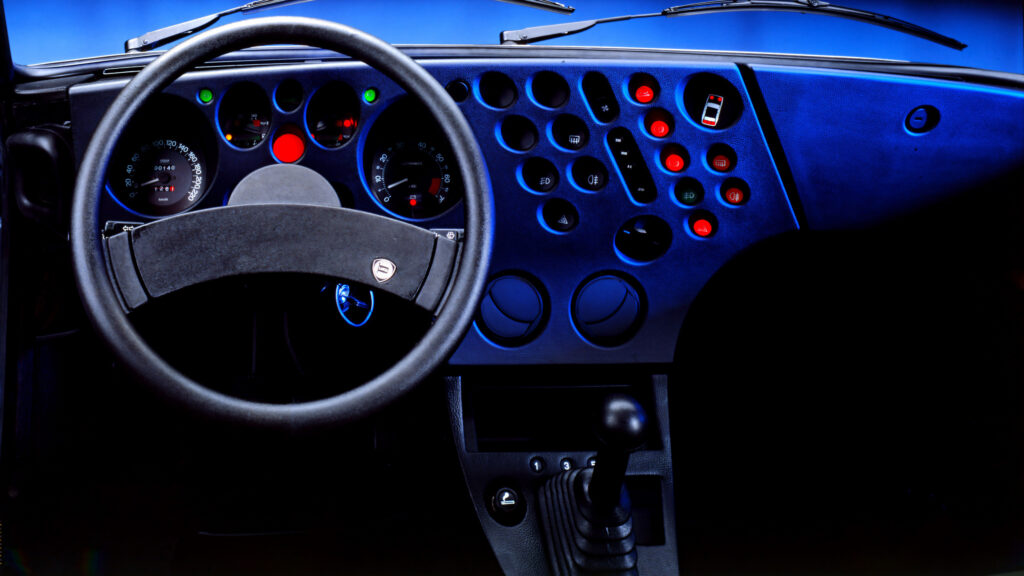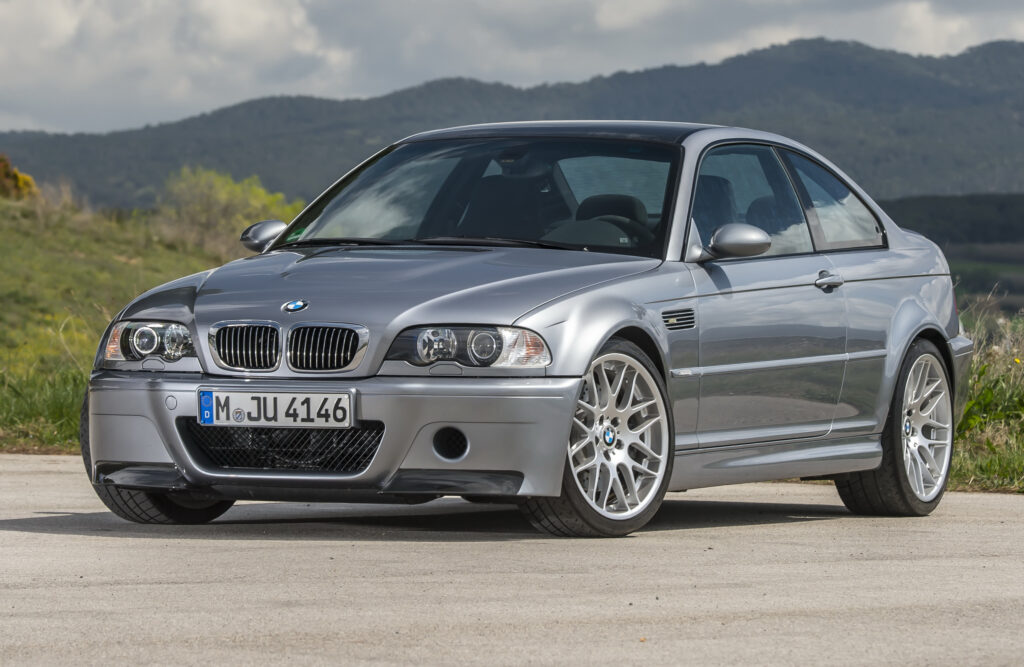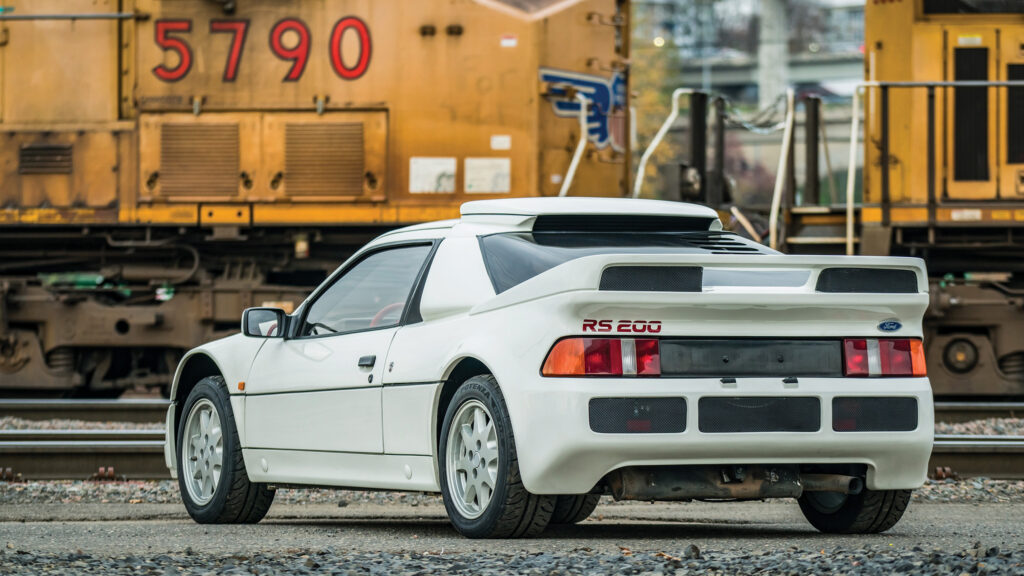Classic Cars

The buzz in the car industry has been intense since the announcement of a 25% tariff on non-U.S.-made vehicles. This has sent ripples through brands like Porsche, Jaguar, and Bentley, which don’t have local factories here in the States. But there’s a silver lining for classic car buffs. Thanks to a stipulation similar to an existing import rule, cars over 25 years old dodge this hefty tariff.
The Tariff Relief

Classic car dealers and collectors alike can breathe easy. Unlike modern imports, vintage autos evade the 25% duty, relying purely on a minimal 2.5% tax. Imagine if prices spiked—cars like a Lancia Delta Integrale might jump from $100,000 to $125,000. And rare gems, such as certain 1960s Ferraris, could face million-dollar hikes. That’s substantial for a market that thrives on around 43 million classic beauties and a trillion-dollar value pool here in the U.S.
The 25-Year Catch

However, this exemption has a precise cutoff. Only cars 25 years or older qualify. For example, a BMW E46 M3 CSL from the early 2000s still faces the steep tariff until it hits that golden 25-year mark. This means certain desirable vehicles are in a waiting game before collectors can feasibly bring them stateside.
Driving Dynamics
Veteran car enthusiasts will tell you: they don’t make them like they used to. Bringing an older classic stateside isn’t just about dodging taxes—it’s about capturing a specific drive feel. These cars deliver a raw, mechanical connection often absent in today’s tech-heavy rides. Compare an original Ford Mustang’s analog steering and roaring V8 to the cushioned, electronic aids in newer models. Each drives differently. There’s a satisfaction in mastering older machinery, where every shift and throttle input feels intentional.
Why It Makes Sense
Economically, this exemption benefits both collectors and the government. If tariffs deter imports because of prohibitive costs, potential tax money from sales and registrations is lost. State and federal treasuries stand to gain from the continued importation of vintage cars. Consider a high-value classic sold here: the resultant sales tax can be significant, boosting local coffers.
In the grand scheme, for auto enthusiasts—and let’s face it, even for those making policy decisions—keeping vintage cars exempt is a win. It’s as much about preserving our automotive history as it is about dollars and sense (or cents).
Rare Lada Collectible
Skoda's Electric SUV
Kia Tasgler Concept
Senate Eyes Car Ban
Aston's Valiant Roars